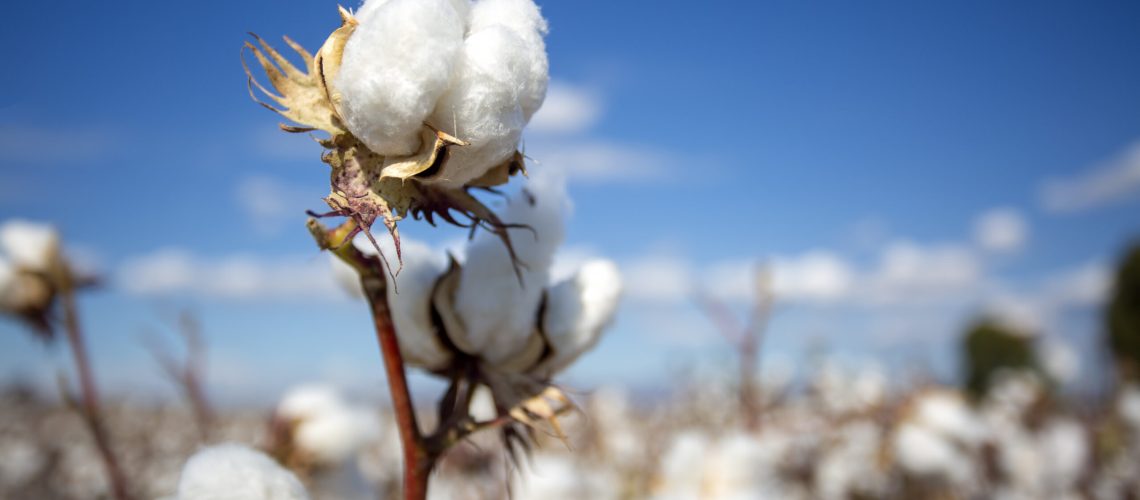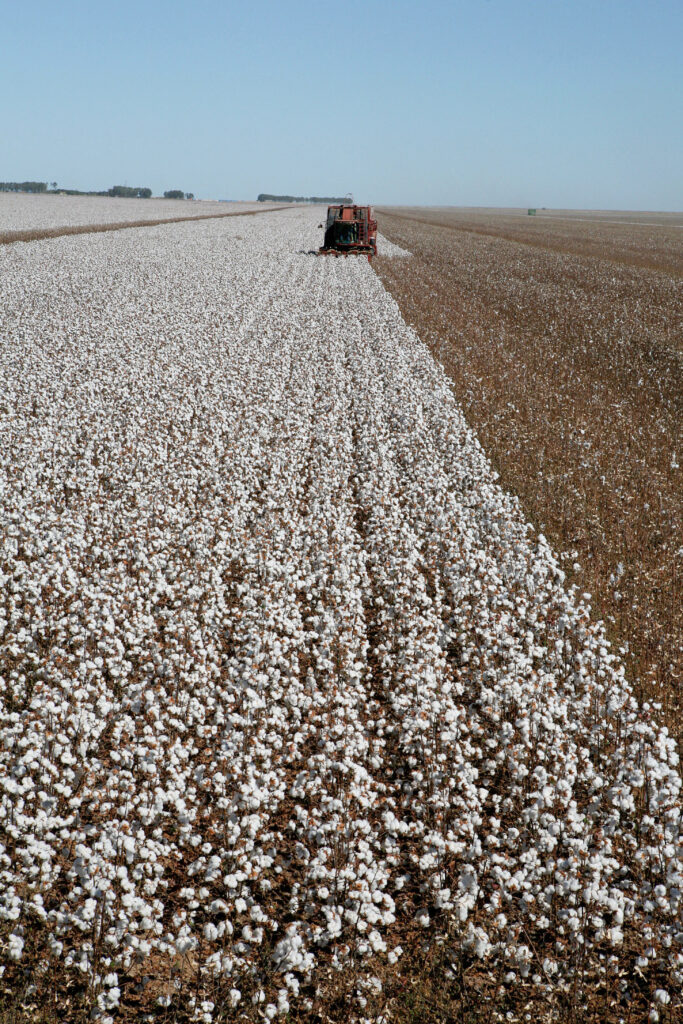Nature article reports that microbial biomass estimates by microBIOMETER® correlates with soil health and yield stability.
The microBIOMETER® soil test was used to report microbial biomass in a recent Nature publication*. Scientists Dr. Judith Fitzpatrick and Dr. Brady Trexler of microBIOMETER® collaborated with a University of Tennessee team headed by Dr. Amin Nouri. The team evaluated the effects on soil health and yield stability of 39 different methods of raising cotton over 29 years. The conditions tested included till, no-till, various cover crops and different levels of nitrogen fertilization.
The study found that the major impacts on yield were very dry or wet conditions, and low or high temperatures. The deleterious effects of these weather extremes on yield were mitigated by regenerative agricultural practices which resulted in adequate soil, C, N, soil structure and microbial biomass.
*Nouri, A., Yoder, D.C., Raji, M., Ceylan, S., Jagadamma, S., Lee, J., Walker, F.R., Yin, X., Fitzpatrick, J., Trexler, B. and Arelli, P., 2021. Conservation agriculture increases the soil resilience and cotton yield stability in climate extremes of the southeast US. Communications Earth & Environment, 2(1), pp.1-12.



One thought on “microBIOMETER® testing for soil health and yield stability”
Comments are closed.